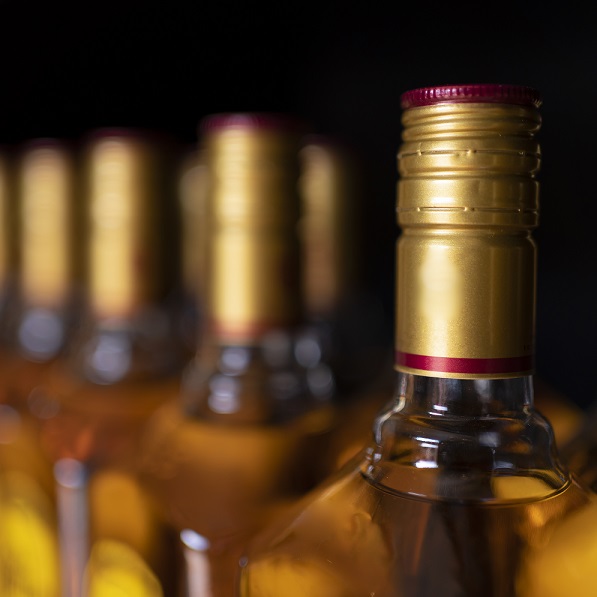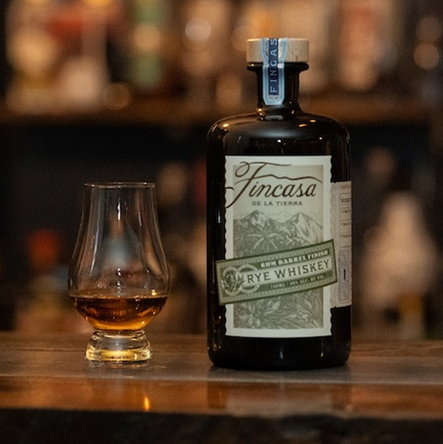Consumer Spending on Alcohol Sagging, per Study

A recent study shows that, on a global level, consumers have changed their spending habits on alcohol – and many people are drinking less. The study was conducted by GlobalData and reported by Just-Drinks.com.
The report shows that approximately 30% of global consumers describe their money spent on alcoholic beverages as “low.” Beer in particular has seen slowed spending over the past two years.
Specifically, 31% of those surveyed said the consider their beer purchases low; worse than 25% in 2022. Those who labeled beer spending as “high” fell to 17% from 23%, according to Just Drinks.
The data is based on surveys in 13 markets: the U.S., Mexico, Brazil, Argentina, the UK, Germany, Sweden, China, India, Australia, Singapore, South Africa and the UAE.
Interestingly, while certain spirits spiked in terms of their value to consumers, sales in terms of volume grew only modestly.
The study showed this trend in the beer, cider, spirits and wine segments in the U.S. and Mexico over the past year, among several other countries like the UK and Germany, Just Drinks reported. The GlobalData report cited two key reasons.
One is the so-called “premiumization” in alcohol sales, with companies focusing on premium brands. The other are price spikes on certain products to make up for sagging demand thanks to economic conditions and the trend toward moderate drinking.
Nevertheless, GlobalData estimated that each category will see sustained growth over the next three years.
The spirits category still is expected to lead in growth with a 9.2% compound annual growth rate followed by wine with an expected 7.3%. Beer and cider categories are expected to lag with growth of 4% and 4.2% respectively, the report states.
The report indicated that supermarkets have become, with 34% of global consumers choosing them. The next best outlets were convenience stores and online sellers, at 11% and 10% rates respectively.
“Supermarkets might be the leading channels not only due to the convenience of buying alcoholic drinks along with other consumer goods,” the report said, “but they can also usually offer lower prices compared to privately owned or independent businesses.”
(Image via FreePik/Wirestock)








